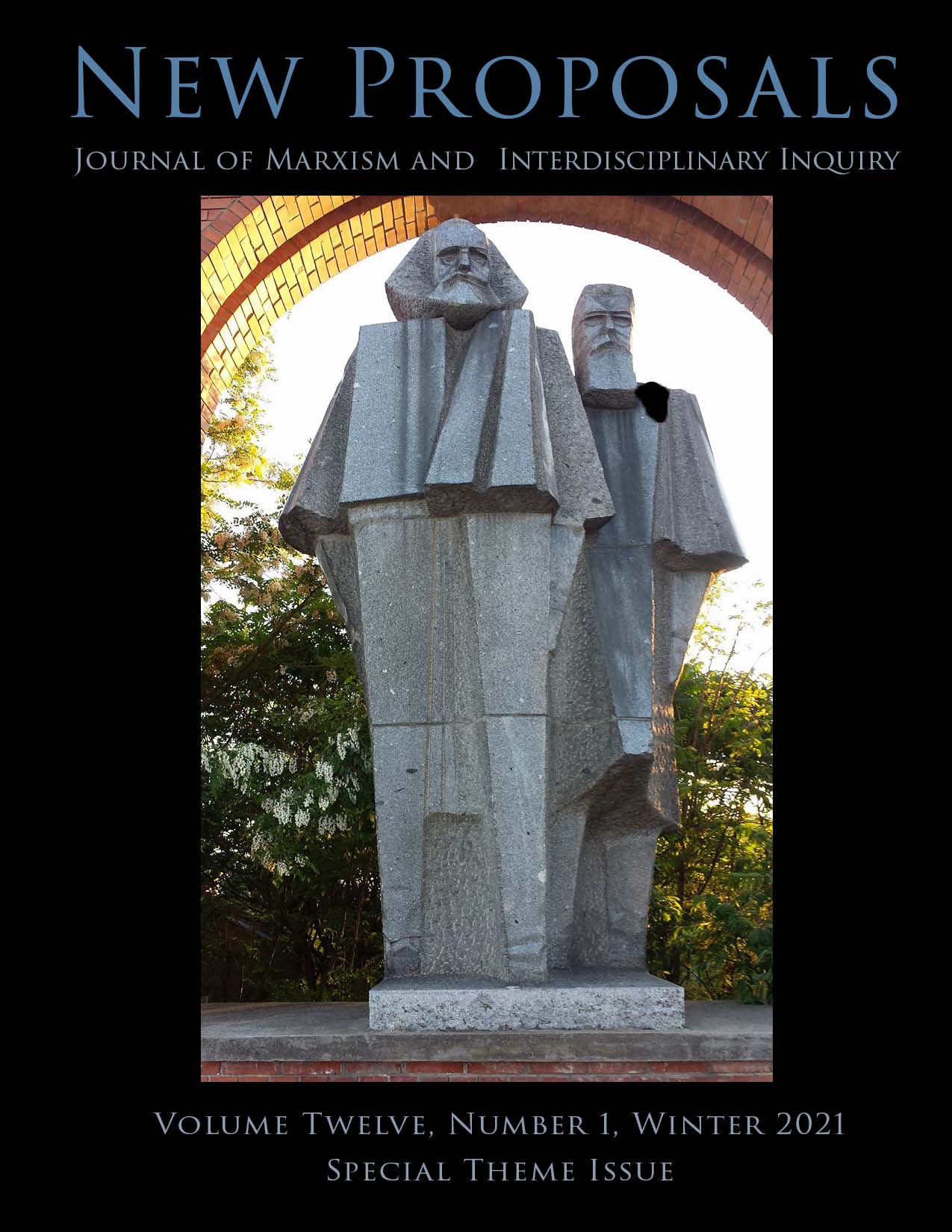Xenofeminism: A Framework to Hack the Human
Abstract
Out of the gusts of creative energy following the 2013 publication of Nick Srnicek and Alex Williams’ “#Accelerate: Manifesto for an Accelerationist Politics,” the cyber-feminist collective, Laboria Cuboniks, published their own manifesto in 2015. Entitled “The Xenofeminist Manifesto: A Politics for Alienation,” Laboria Cuboniks advocated, broadly speaking, the abolition of gender, increased technological intervention into the means of re-production, and, most controversially, an affirmation of alienation as intrinsically liberatory. Met with mostly positive responses, the Xenofeminist Manifesto spawned a series of workshops, talks, and accelerationist adjacent theorizing. That being said, residual issues of humanism and an open question about what “more alienation” actually means festered just below the surface. In response to recent articles critiquing Xenofeminism as misunderstanding Marxist-Transhumanism at best, and reifying white feminism at worst, the following article seeks to do three things. First, I aim to examine the neo-humanisms (be they trans- or post-humanism) that occupy our current era of technocapital acceleration, and sketch out a critique that affirms the inhuman; Second, I attempt to trace the accelerationist lineage of Xenofeminism by looking at early Marx up to Deleuze and Guattari while noting that Xenofeminism can be read as a necessary outgrowth of accelerationism insofar as Xenofeminism seeks to deterritorialize gender as such; and Third, I aim to respond to recent critiques levied against Xenofeminism that claim its affirmation of alienation is not only a naïve mis-reading of Marx, but a reification of oppression. While certainly not the last word, I hope this article spawns deeper intellectual theorizing about Xenofeminism and its implications.Downloads
Published
2022-01-06
Issue
Section
Marxism + Transhumanism = Xenofeminism?
License
Copyright (c) 2021 Peter Heft

This work is licensed under a Creative Commons Attribution-NonCommercial 4.0 International License.
Copyright for articles published in this journal is retained by the authors, with first publication rights granted to the journal. By virtue of their appearance in this open access journal, articles are free to use, with proper attribution, in educational and other non-commercial settings.
